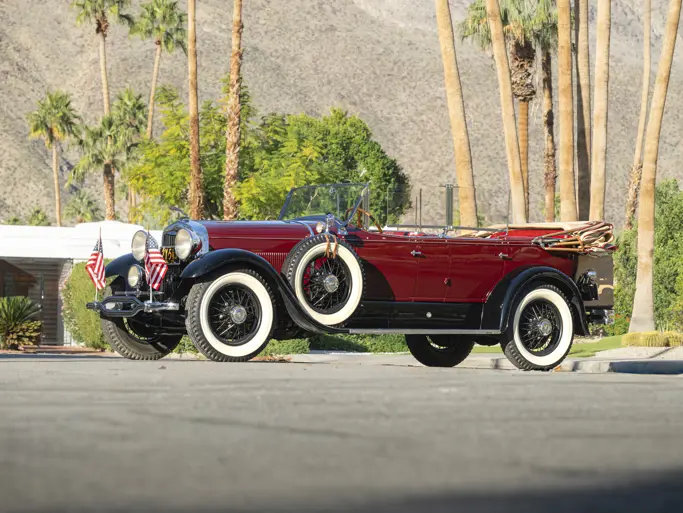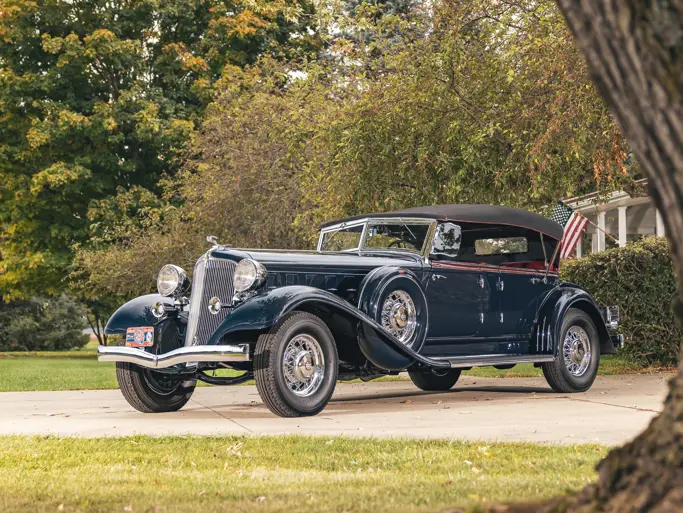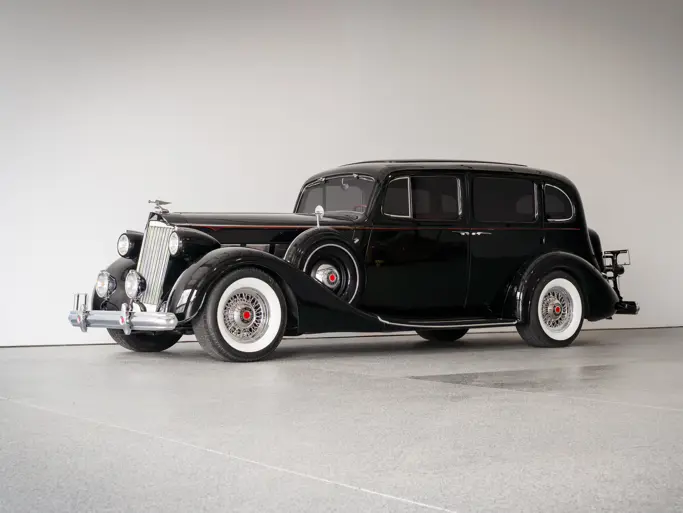Please Note: Information regarding these museum display vehicles was provided by the National Military History Center and has not been independently verified by Auctions America by RM ("AA"). As such, AA does not verify, warrant or guarantee any of this information. Prior inspection and research by the buyer is highly encouraged and recommended.
ATTENTION: Buyers are responsible for securing transportation and moving/loading of lots. Lot may be left on display indefinitely in the museum free of charge with a signed loan agreement form. Lots are sold as is, where is.
Please note this is being sold on "Bill of Sale" only.
Manufacturer: Opel Division of General Motors, Germany
Production Years: 1934-1938
Engine: Opel, 2.0-liter, 36-hp, six-cylinder, liquid-cooled, gasoline
Transmission: 4F1R
Brakes: Manual
Length: 15-feet, 5-1/2-inches
Width: 6-feet, 7-1/2-inches
Height: 7-feet, 7-inches
Weight: Approximately 1.7-tons
Armor: None
Armament: NONE on this example - Could be fitted with a 7.92-mm MG34 or MG42 machine gun
Maximum speed: Approximately 50-mph
Maximum Payload: 1-ton
Markings: German 11th Panzer Division, Medical Company
Production of the Opel Blitz (Lightning) 2,0-12 began in 1934 at the Opel Russelsheim / Main and the Brandenburg / Havel plant under the direction of Heinz Nordhoff whom, after WW II, became head of Volkswagen. The 4x2 Opel Blitz 1-ton was one of many commercial-type truck models which were procured by the German military prior to 1938. Since Opel was acquired by General Motors in 1931, many of the components were nearly identical to Chevrolet light duty trucks manufactured in the United States and Canada during the same time period, including a reliable Buick engine. As a result of American engineering, Opel trucks featured a high-load-limit to low-net weight-ratio superior to Opel’s competitors of that era. Production of the Opel 2,0-12 1-ton series ceased in 1938 with the introduction of the Schell-Program. General Adolf von Schell, Director of Motorization for the Wehrmacht (German military), cut back procurement of vehicles of all types to just a few standard models (from 113 to 30). Only Borgward B1000 trucks continued to be built in the 1-ton weight class. It was determined that future light truck production should be primarily in the 1-1/2-ton weight class.

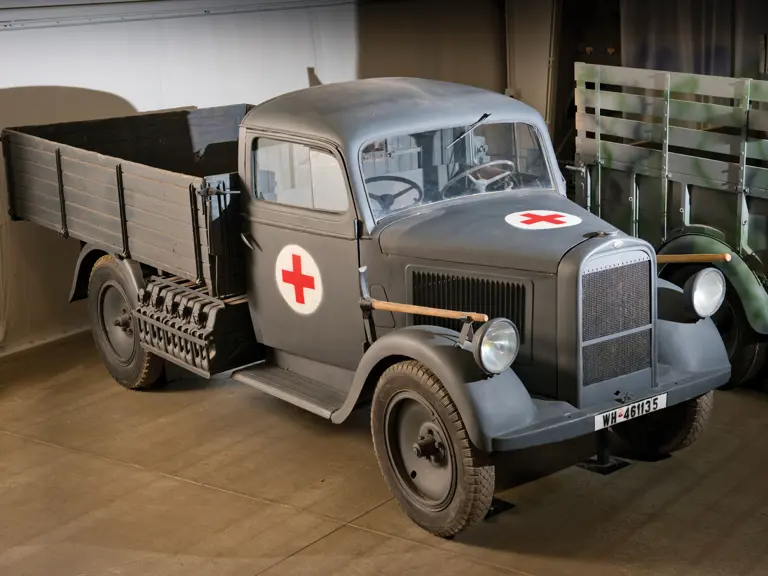
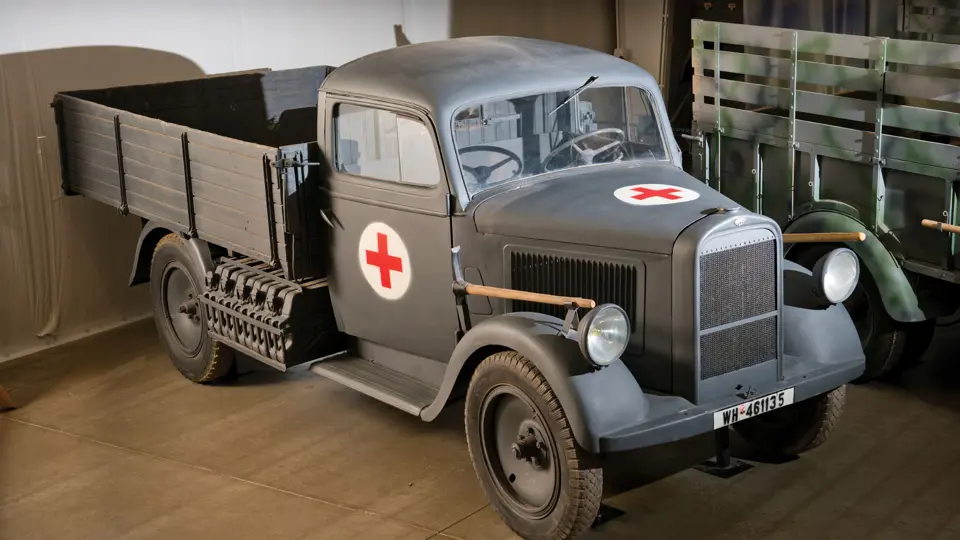
 | Auburn, Indiana
| Auburn, Indiana
